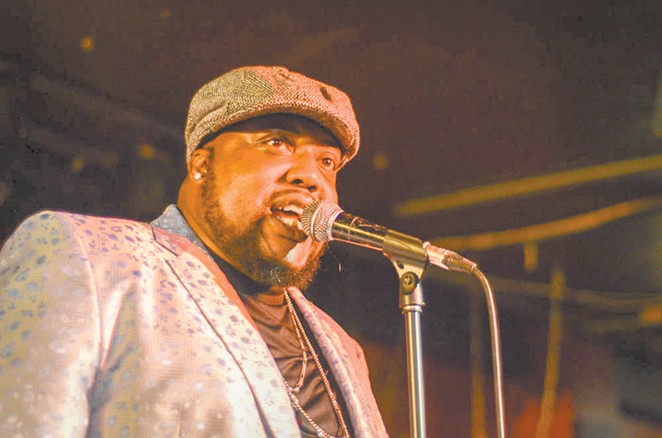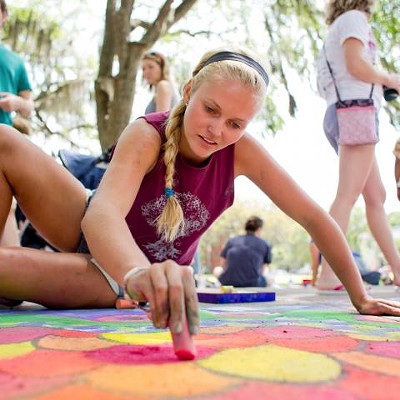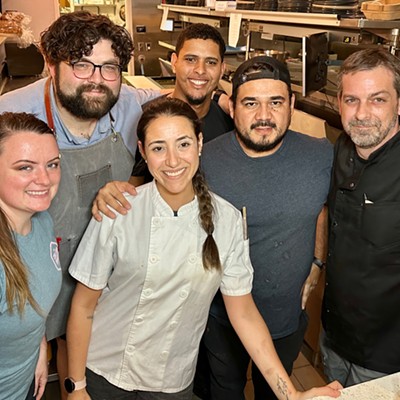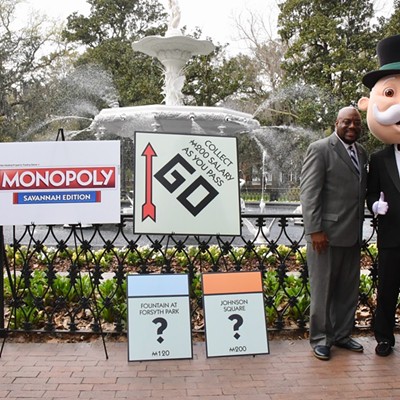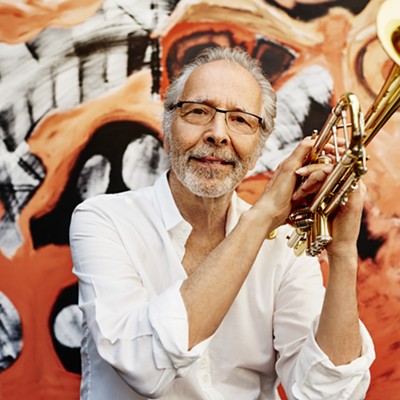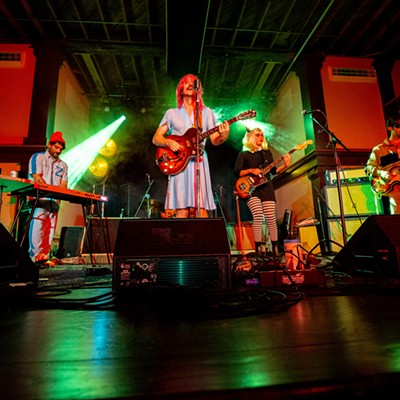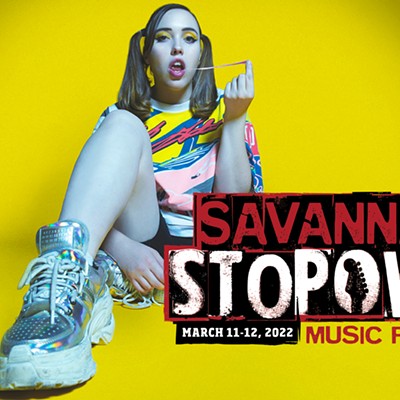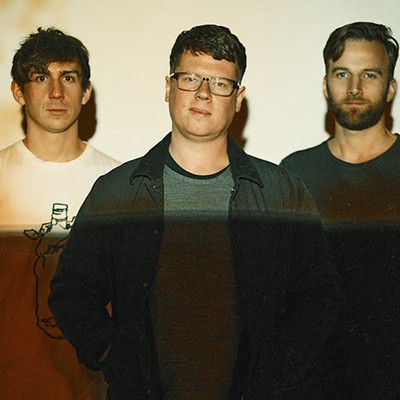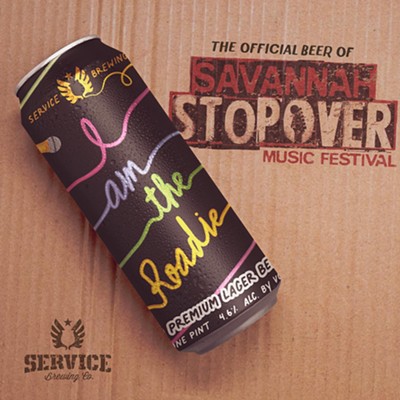TEXAS-born blues singer and musician Sugaray Rayford started playing music at a young age, singing and playing drums in church. Years later, he’d end up in San Diego, California, where he joined a band for many years before ultimately going solo in 2010. He found blues music along the way, developing a deep love for and connection with the rich American genre.
These days, Rayford tours regularly and has garnered immense critical acclaim for his powerful vocals and unique approach to blues. He’s playing Savannah Jazz Festival on Thurs., Sep. 26 with a headlining show at Forsyth Park, and we caught up with him beforehand to talk all things music.
How did you get into music and end up doing what you’re doing now?
Rayford: Well, singing and playing drums started when I was about 5 or 6 years old in my hometown in Texas. My mother was an unbelievable singer, and I enjoyed that literally every day up until I left to join the Marine Corps when I was 19 years old. I spent ten years in the Corps, and probably 17 years without singing or playing at all. After I got out, I opened a bodyguard business and was working at a nightclub in Carlsbad, California.
Across the street was this little place called The Alley. They had a blues band on Wednesday night there, and I used to sit back and listen to those guys—it reminded me of the old gospel days. One day, at my venue, for some reason the singer of this rock band handed me a mic as I was walking by. I don’t know if it was a joke or whatnot, but I didn’t know the song [laughs]. A melody is a melody, so I sang it. My girlfriend at the time, who’s now my wife, was like, “You should really do this.”
One thing leads to another, and I got back into music. At first, it was solely funk. I did that for a while with a cover band that did really well in the San Diego area. But I wanted more, and the blues was a really great fit for me. I left my own band, and at this time I was a farmer in Southern California. Next thing you know, I’m the lead singer of a band doing 250 shows per year. That just ignited the fire.
It’s really great that you found your way back to music after getting away from it for a while. When you finally did and started exploring blues, who were some of the artists you were listening to and learning from?
In my generation, B.B. King was an outstanding figure. I really loved what B.B. did. But once I really decided to do this, I started digging deeper and got into people like Son House. At the time, I saw that the Chicago blues style was dominating the blues world, but I was listening to people like Tyrone Davis, Lightning Hopkins, and Albert King—the soul side of it. Nobody was doing that. Every festival I went to was just a power trio with harmonica or a piano player. I was like, “Where are the horns? Where’s the B3? Where are the melodies?” That’s blues also. People say, “That’s soul now.” Actually, if you go back and listen to Bobby Womack and Tyrone Davis, this is what they were doing.
The difference is, Chicago is more about harmonica and guitar. Whereas, the southern blues had a bit more soul in it. There was nothing wrong with what Chicago was doing, but if I was going to tour the world and really do this I wanted to do something different.
That said, how do you approach writing and composing your music?
Well, this last album was actually written by Eric Corne with input from me. I was touring and couldn’t be there to write. I would send him ideas. Before that, it was me and Ralph Carter—my musical director at the time. He’d come up with riffs and ideas and we’d flesh them out, and lyrically the songs would be excerpts from my own life. With the new album, we wanted to capture what was done when I did a record the year before. That was a straight soul album.
We wanted to capture that. Unfortunately, with the passing of Sharon Jones and Charles Bradley, the only person left in that field and style of “blues soul” is Lee Fields. So with the new album, we really wanted to capture that old Detroit, Motown sound and feel as well as a bit of the Muscle Shoals [sound]. We wrote some very conscious songs for it, as well as some beautiful love songs.
You mention people like Sharon Jones, who I think was responsible for this resurgence of the blues-soul sound over the past several years. Why do you think this kind of music really resonates with people these days, and particularly younger audiences? You’ve played a big role in that resurgence as well.
I think mainly with the younger audiences, it’s because the hip hop thing is dying out. Corporations have really homogenized hip hop to where it really all sounds alike. I was a hip hop head back in the day, and the great thing about hip hop back then was that it was very diverse.
Right! De La Soul were sampling jazz records.
Exactly, and even those guys—they didn’t sound like the Jungle Brothers, etc. Everybody was bringing something that was very conscious and beautiful, and sounded amazing. Whereas today—no disrespect to anyone, but it all sounds the same. Mumble rap, etc. Tupac, Biggie, Dre, they wouldn’t go for that.
I say that to say that I think people have finally gotten tired of it. I always tell people that blues and soul music are those things that when you see it live—when you see seven or eight musicians applying their craft, it’s amazing. So for me, it was a no brainer. As I said earlier, I’d show up to festivals and shows and the setup would always be the same. For me, it’d gotten very linear. I’d show up with a B3 player, a really good guitarist, a couple of horns, and the songs have real melodies and bridges. I think it’s just a breath of fresh air.

